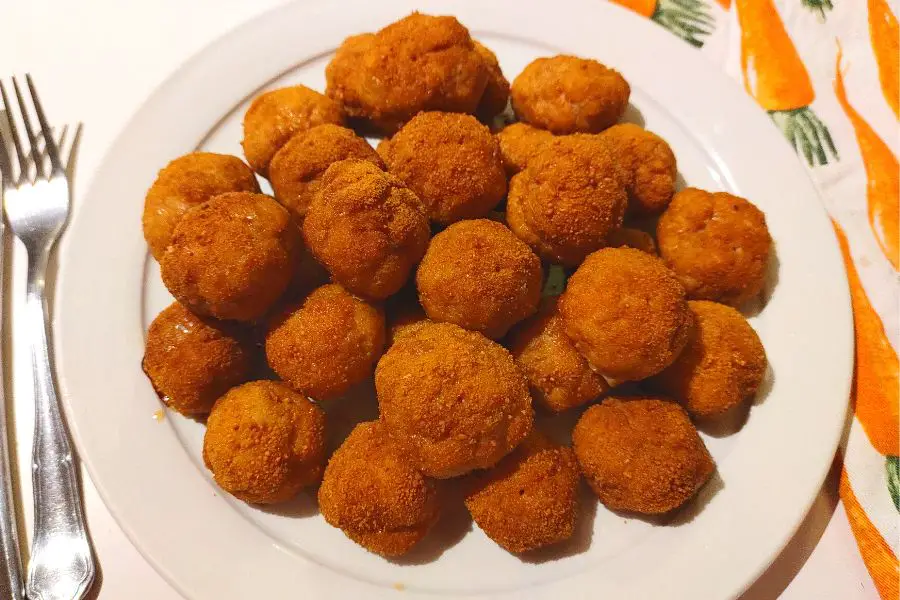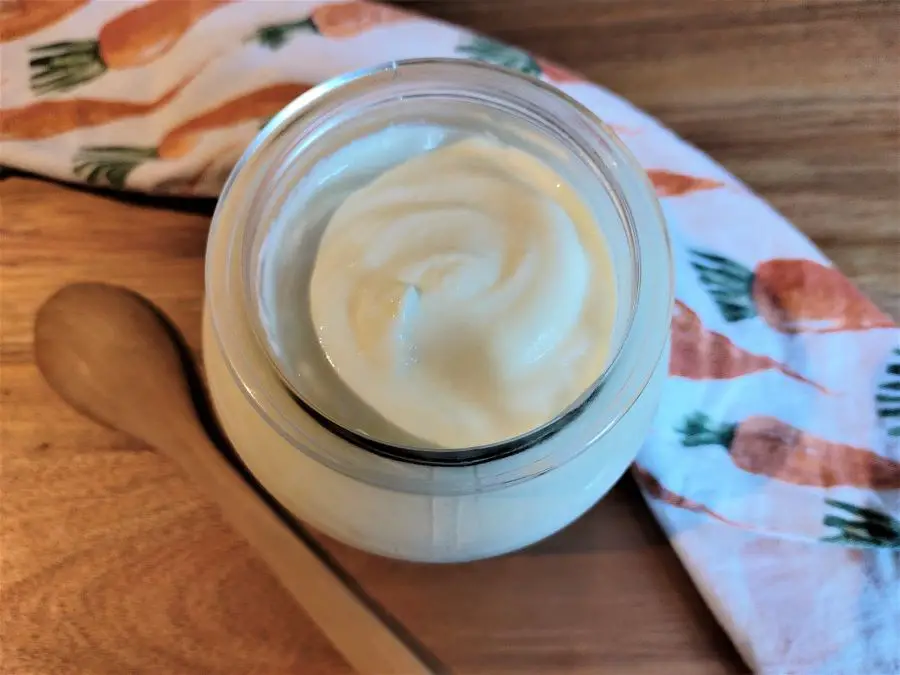Golden and crispy skin on the outside with soft and flaky meat inside, this carnivore pan-fried salmon recipe is super easy and will get you restaurant-quality salmon ready in just under 10 minutes.
Ingredients
- 4 salmon fillets (around 150 grams or 5 ounces each, one inch thick)
- 2 tbs tallow
- 1 tsp sea salt
Instructions
- Bring the salmon fillets to room temperature by leaving them covered on the kitchen bench for around 15 minutes before cooking. This will make sure the salmon is cooked evenly
- Dry the salmon fillets with paper towels and season them with salt
- Heat tallow in a non-stick frying pan on high heat till it bubbles
- Add the salmon fillets to the frying pan, skin side down. Reduce heat to medium high and let them sear untouched for 3 to 4 minutes or till the salmon skin crisps. Turn the fillets over carefully with a spatula, lower heat and fry for another 3 minutes. Sear the edges for around 30 seconds each side.
- Transfer the salmon and serve.
Tips
Choosing salmon fillets
Choose salmon fillets of the same size and thickness. Center-cuts are the best but if you can’t get them, you can adjust your cooking time by reducing the cooking time for the thinner or smaller fillets.
Salmon skin
Some people remove the salmon skin but crisp salmon skin is delicious and a good source of collagen, fat, and protein.
Even if you don’t plan to eat the skin, leave it on while cooking. The skin helps keep the moisture in and prevent it from being overcooked and falling apart. You can remove the skin before serving if desired.
Wild-caught vs farmed salmon
Choose wild-caught salmon, if possible. Farmed salmon are fed a poor diet and raised in unhealthy conditions and toxins in salmon have been linked to a number of health problems such as diabetes, insulin resistance, and obesity. [1, 2, 3]
Wild-caught salmon, however, is expensive and hard to find. If this is your case, eat farmed salmon sparingly.
Alternative omega 3 sources on the carnivore diet
If you don’t want to eat farmed salmon and are worried about your omega-3 intake on the carnivore diet, try lamb brain or pork brain, they are great sources of omega-3.
You really don’t need to eat fish on the carnivore diet to get all the nutrients that your body needs. Although fish and seafood in general may improve the variety of your diet, there is no nutrient that you can’t get from ruminant-based food if you practice eating nose to tail.
Using butter instead of tallow
Some people like the flavor of butter on fish. You can certainly use butter to fry salmon but butter has a much lower smoke point than tallow, so you need to lower the heat accordingly.
Other recipes that you may be interested in:
References
BBC Good Food – Pan-fried salmon
Farmed Salmon Just as Toxic to Human Health as Junk Food
Disclaimer: The information in this post is for reference purposes only and not intended to constitute or replace professional medical advice. Please consult a qualified medical professional before making any changes to your diet or lifestyle.





